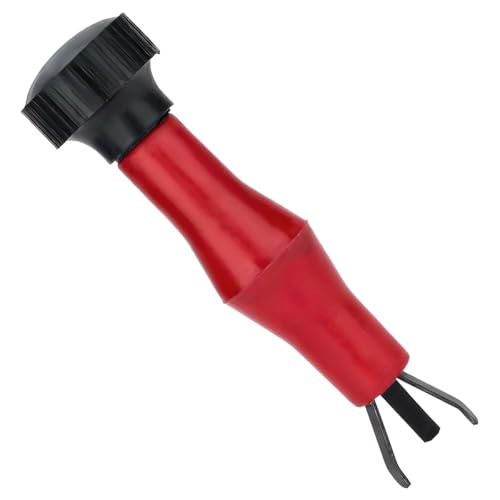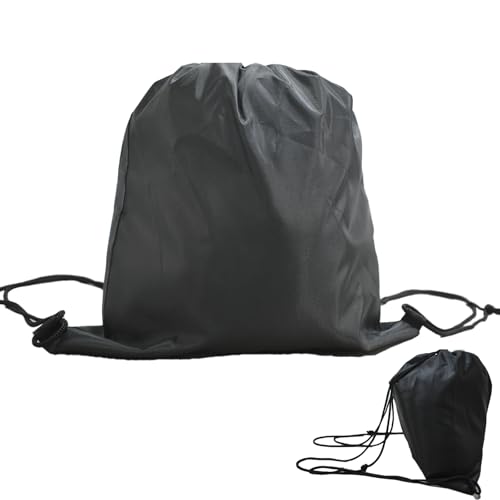That's all great, but API SL type oils contain a lot of friction modifiers which do not work so well in wet clutch applications like we have in our motorcycles. SL and SM oils should be avoided in bikes to prevent clutch slippage.
Also, 'also SL and better' is not really a correct statement as the S spec is not a complimentary specification, as specifications of the previous standard may not be included in the next. As such, SL spec oil may not work properly in a SG spec'd engine.
I think that statement is not true.
SL and SM performance specs have NOTHING to do with friction modifiers and fuel economy. SL and SM performance specs do NOT require or even mention friction modifiers. Just because an oil is labeled SL or SM does not mean it has friction modifiers.
Friction modifiers are added for fuel economy. Oils with friciton modifiers are labeled as "fuel economy" oils. THAT is what drove the GF3 and GF4 ILSAC label with the "starburst" for "gasoline engines" GF3/4 oils DO have friction modifiers. They are required as part of the GF3/4 specifications.
If the oil is labeled SL or SM for performance and is NOT labeled GF3 or GF4 then it does not contain friction modifiers. If the oil is labeled GF3 or GF4 THEN you can be sure it contains friction modifiers AND that it meets the SL or SM specs.
So....an SL or SM oil could contain friction modifiers IF it also has the GF3/4 starburst symbol on the bottle. If it doesn't (like the Delo/Delvac/Rotella heavy duty diesel oils) have the starburst on the can then it doesn't have friciton modifiers.
Friction modifiers are expensive and no blender is going to put it in non-GF3/4 oils just for fun. Besides, the friction modifiers will void the various diesel specs so oils rated for various diesel service will NOT have friction modifiers.
I also tend to disagree with the comment about the SL oils not servicing previous classifications. In general, the later oil specs are designed to service previous performance grades and not deteriote any of the performance criteria in the certification tests. Technically, there is some possibility that oils in the future might not meet previous specs but that is highly unlikely in my opinion.
Why isn't it correct to say SL and better? The SL performance spec will be superceded one day (by SM...???...) so there will always be a better oil. There are LOTS of cars on the road that the owners manual says to use SF or SG oils. Think those are on the shelf anywhere. NO. They have been superceded by better oils with higher performance specs. So it was perfectly correct to say "SF or better" for oil back in 1980.... That language is typically used in owners manuals and service manuals so that once an oil performance spec has been superceded there will be no consternation by the owner looking for antique oils on the shelf. Once again, technically, API may decide that the next oil after SM will be called ZZ oil or whatever so the "S" would not carry over. But that is not likely in my opinion....





















































